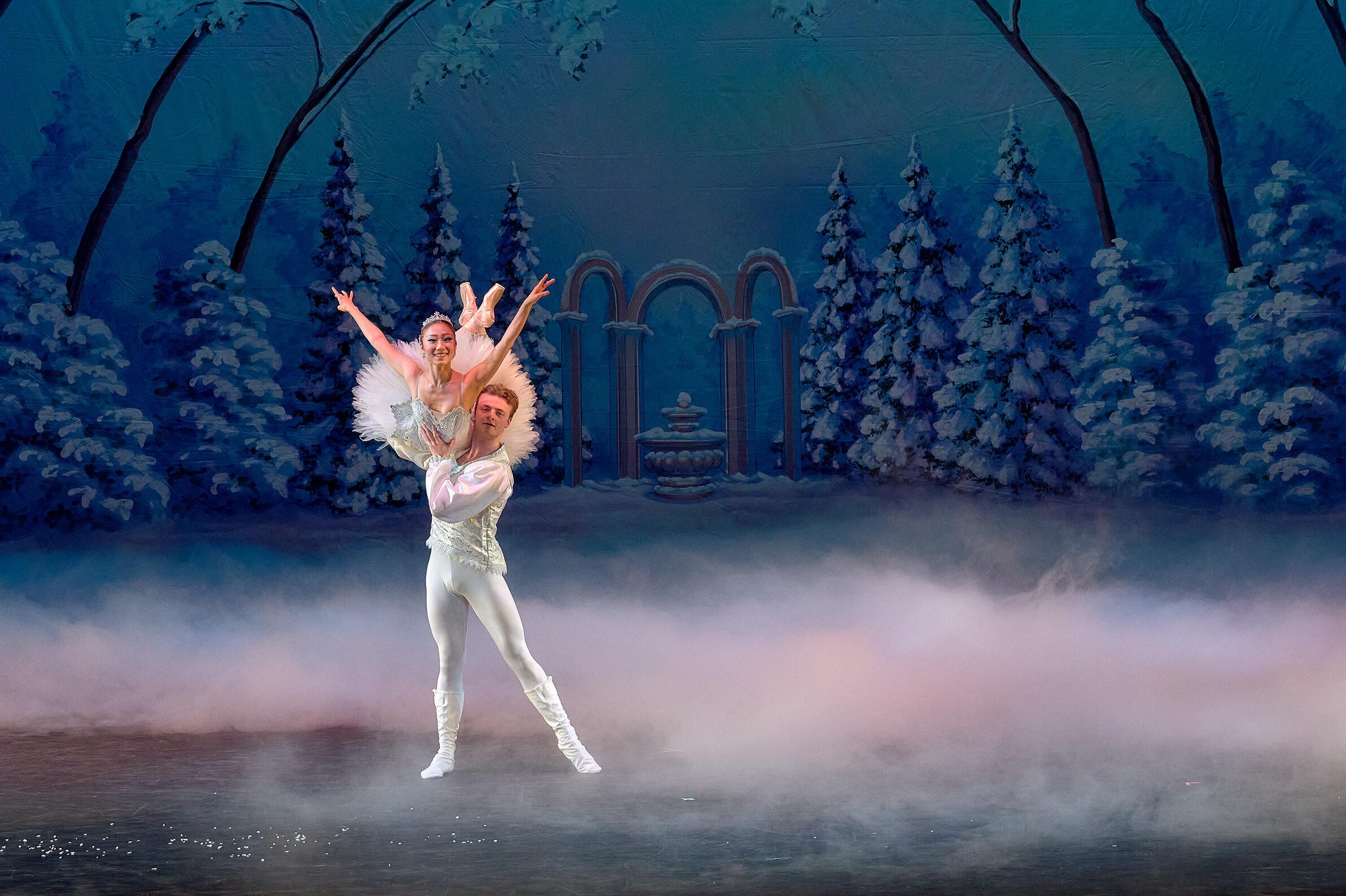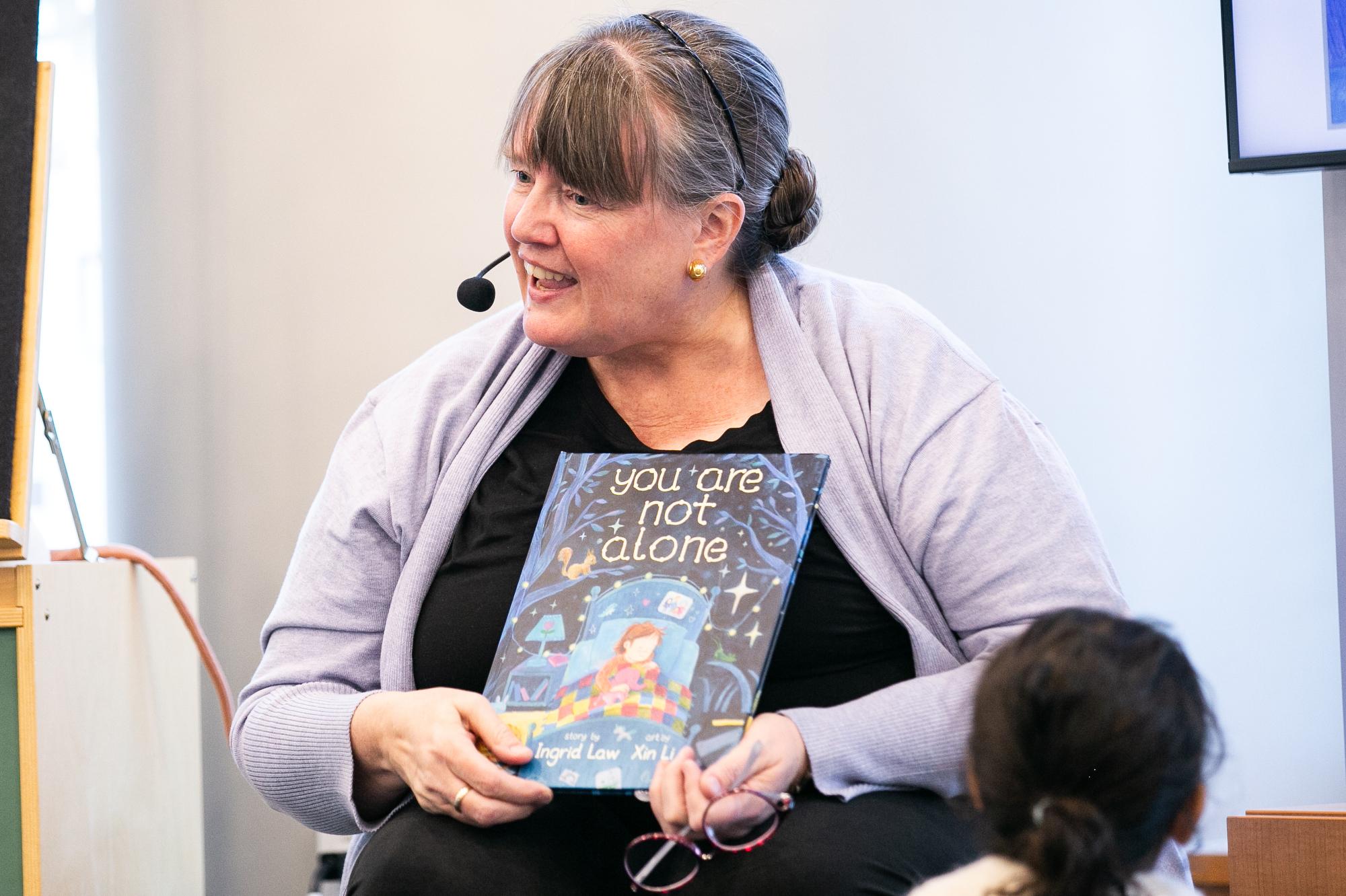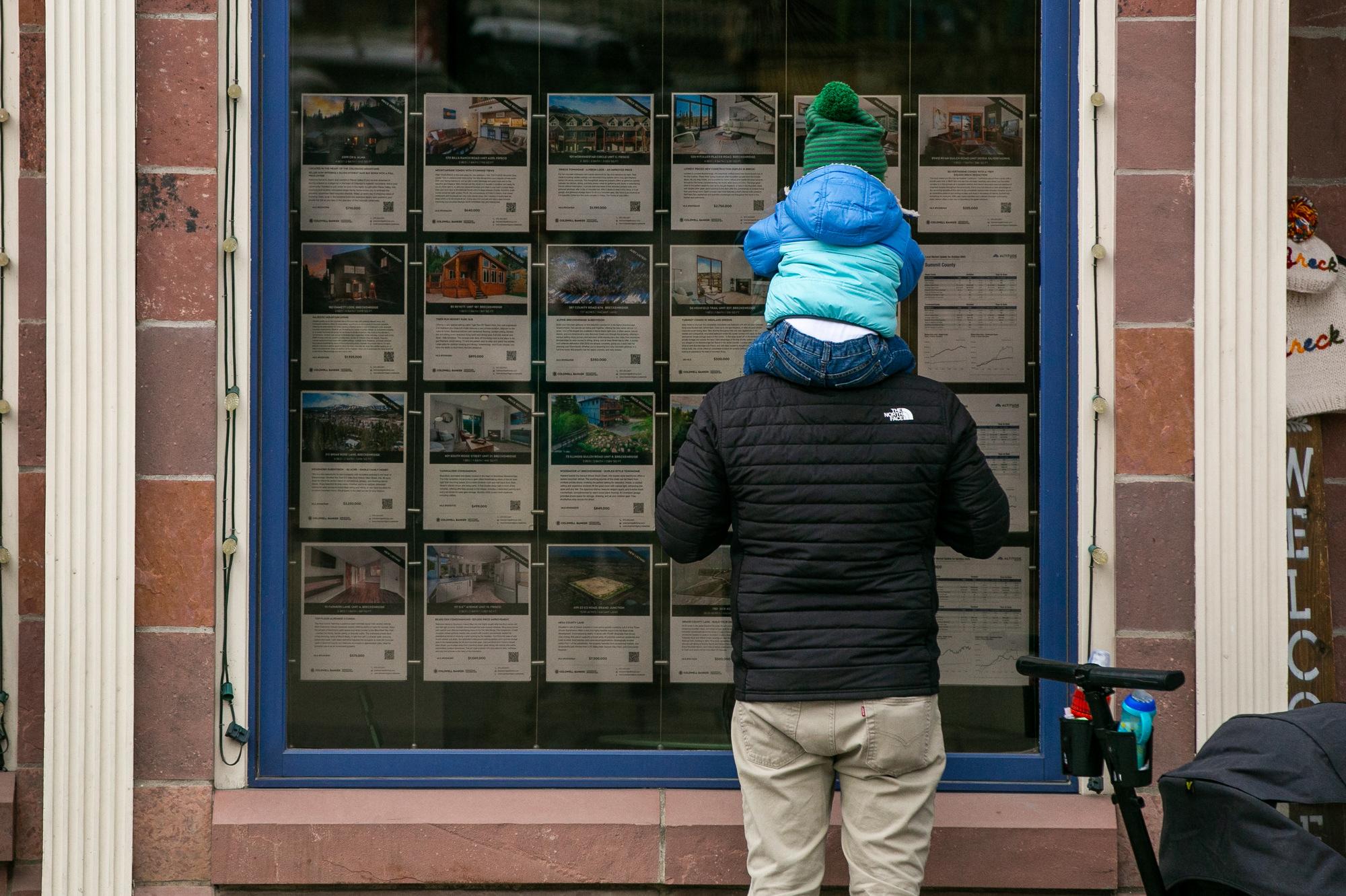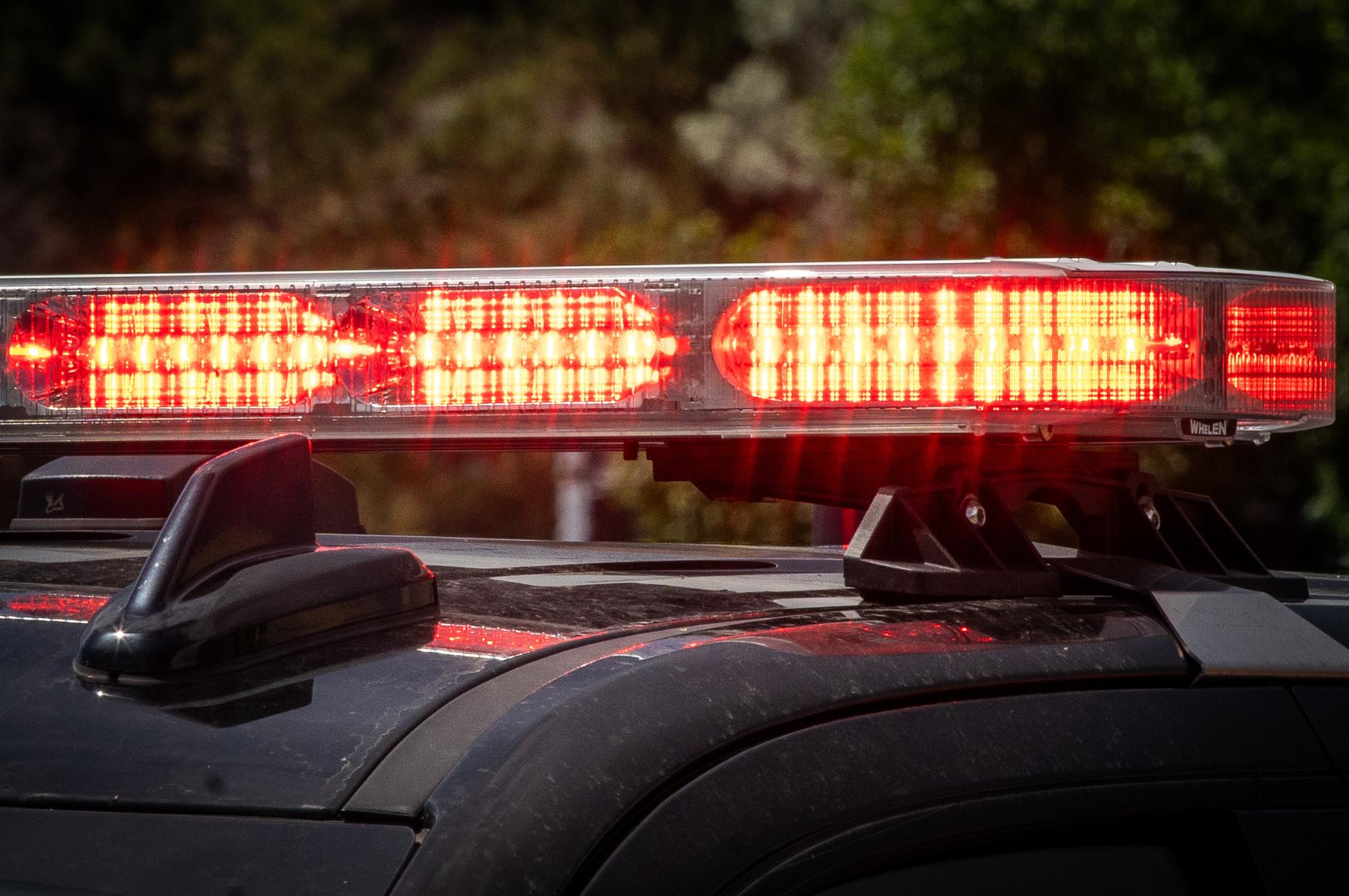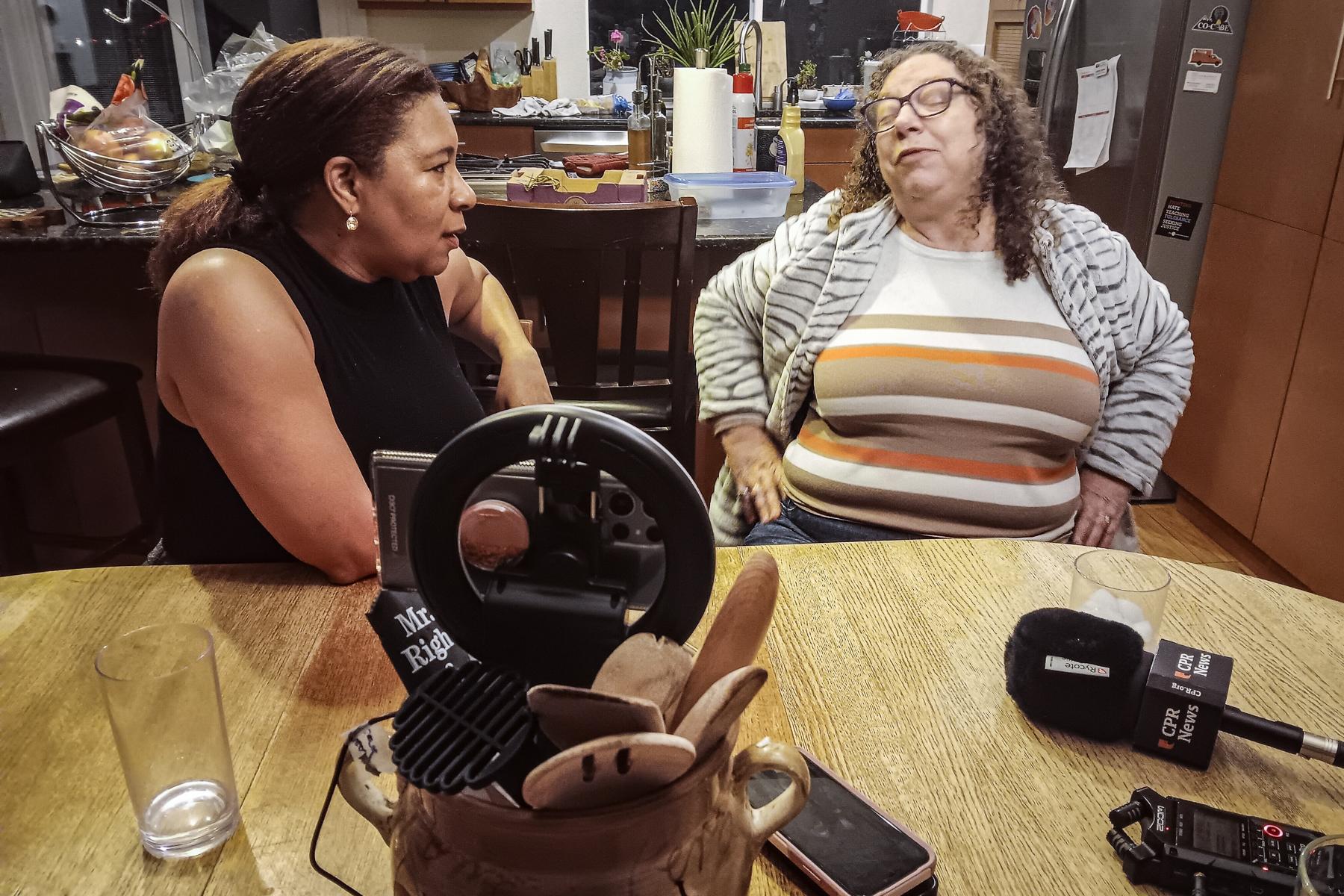
Decades after a childhood classmate licked her skin to see if it was chocolatey, an Aurora-based consultant launched an app this fall so people with questions about those unlike them can find answers.
“In first grade, a little boy licked my arm to see if I tasted like chocolate,” said Sonia Stovall, a consultant based in Aurora, who used experiences like that to fuel her new app, “No Offense.” She launched it in September and so far has three dozen subscribers.
The app – which has some free content as well as subscription tiers for about $30 a month – gets new content regularly as Stovall comes across people whose lived experiences might answer questions app users have.
To give an example of how the app works, Stovall, a chatty, open woman who is Black, explained how she’ll use the lived experience of a person who uses a wheelchair to provide information to app users, in a way that keeps the user from having to ask what could be interpreted as an offensive question, while also protecting the subject of the question from having to be put on the spot with a conversation that could be triggering.
“Jason is a quadriplegic who became that way after a cycling accident, but he still does cycling marathons, just in his [motorized] chair,” said Stovall, 51, of an interviewee whose story will be available on the app.

She said the goal of that segment would be to help people not using chairs understand Jason’s day-to-day lived experiences and motivate them away from using handicap parking spots.
“By seeing what it takes for him to get ready for the day, go through a day, the way that his car has been set up, helps you understand . . . ‘Okay, this little 10 minutes for me is quick to me, but throws off his day by 45 minutes if he's not able to find a spot,’” she said.
Capturing stories from the people living them – like Jason – is what Stovall thinks will work best.
“I feel that in order to get through the manufactured divisions that are being created in our society, bridging gaps through stories is the best way to do it,” she said.
Such stories will go in the “Lived Experiences” part of the app, available to paid subscribers. To populate it with content, she reaches out to people she comes across and interviews them, as she did recently in the Centennial home of Jenny Lerner, 62, an Ashkenazi Jewish woman from Colombia.
In Lerner’s kitchen, Stovall sets up her recording equipment and ring light, using Lerner’s utensils jug to steady it. Stovall chose Lerner to show the range of people who self-define as Jewish.
“So we were talking about how your family ended up in Colombia…” she began. Lerner, who has ringlets of curly hair and a melodic Spanish accent, responded willingly, explaining, “So they went from Poland to Israel, Israel to Peru…” and then to Colombia.
Stovall kept the conversation going with gentle questions: “It sounds like a large part of your family wasn't able to get out of Poland before it was invaded and they died in concentration camps?”
Lerner replied, “Many of my family that have moved to Colombia later on moved to Israel . . . The second generation decided to move back to there. So that's why most [of] my family now live in Israel. They moved to Israel, but not my parents. My parents continue living in Colombia all the time. But the cousins and the uncles and the brothers, a lot of them moved to Israel . . .”
Of her two daughters, Lerner said, “I mean they feel that they are Jewish, but at the same time, South Americans – they also, they feel Colombian, totally Colombian.”
To that, Stovall said, “So they are a combination of both because that's where you end up, right? You're not one thing or another. You become a mixture of things.”

Once Stovall edits the interview, she said, she’ll add it to the app. Although she gained a basic knowledge of app development, to handle technical aspects outside her range of expertise, she looked for help through an online freelancing marketplace. Self-taught no-code platform developer Ifeoluwapo Oludare, 24, got the job.
“I was in charge of making sure that everything was in sync,” said Oludare in a virtual interview from his co-working space in Nigeria. “And also making sure that we get it published and live on both the Apple store and Google store as well. We worked over a couple of weeks and I logged . . over a hundred hours, for about 40 hours per week,” he said.
Stovall said the idea for the app came to her many years after the arm-licking of her grade-school days in Nebraska, where she grew up.
“‘No Offense’ came to me after I had a date with [a white man], and this person was writing an article about Black women and their hair,” she said. “However, he hadn't interviewed any Black women for the article. And he himself was not a Black person. He was not married to a Black woman. And so I asked him some questions on how he felt qualified to basically take whatever experiences he'd ever had with Black women and translate them into this article. One of the things that he stated was that sometimes it is better for these things – meaning factoids or concepts about people of different cultures – to come from someone who is white-appearing or white-adjacent or something to that effect. And honestly, it made me so angry because I thought, ‘Why are you translating for us to white?’”
She had a revelation about how she could change things: “Within about 24 hours, I woke up at two o'clock in the morning and I thought, ‘There needs to be a place where people can learn on their own.’” She said she looked for a similar app but wasn’t able to find one.
The title of the app relates to how some people form questions (i.e. “No offense, but why do you wrap your head every day?”) that the app can answer. Its logo is an Adinkra symbol, which is a visual symbol that represents concepts and proverbs; they come from Ghana and the Côte d'Ivoire. The one she selected was intentional.
“It is a knot without a beginning or an end that symbolizes reconciliation, peace and forgiveness,” Stovall said in an email.
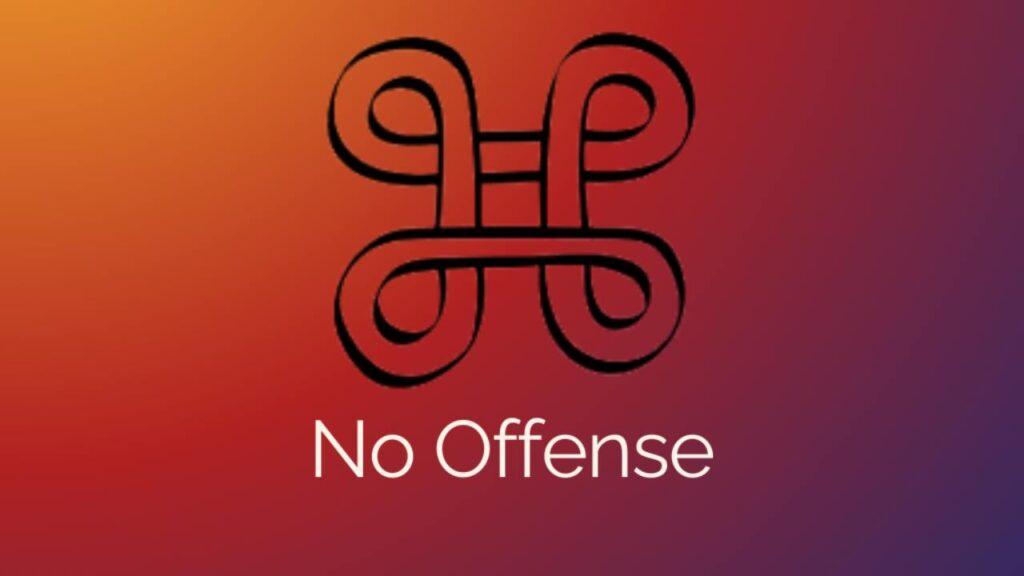
When asked how she decides what goes behind the pay wall, she said: “Sometimes it depends on the amount of time, the amount of work that it takes. And then I have to edit and put it together. . . there are legal aspects and all of those things that I take care of. And if I were to pay someone to do those things, it would be very expensive. But because I have some of that experience myself and I can do it and . . . I have access and they're willing to share that access, I think that that's worth some coins.”
The access Stovall has to a wide range of people comes from her intentional community-building with people she meets through day-to-day life living in the United States. It’s an experience her app developer, Oludare in Nigeria, said doesn’t resonate for him.
“Well, on this side of the world, I wouldn't say we have that kind of stuff around here because basically it is just one race and we don't really have that kind of bias, basically. So I don't think we'll have need for something like that,” he said.
But Stovall finds a need and related stories wherever she goes, and has plans to continue collecting content to fill categories on her app like “Ask Me Anything,” where people present Stovall with a question or situation they don’t know how to handle, and Stovall finds an answer.
“As I do more workshops and things like that, I meet more people,” she said. “So I recently met someone; she's an Indonesian immigrant and her daughter is deaf, and they recently made the decision to get cochlear implants for her daughter. And they're receiving a lot of backlash from their deaf community who feel that they're turning their back on their community.”
That story will soon be a part of the app – for the same reason the other stories are there: “This will just help people to start talking and ask those questions or ask them on the app, but also instead of finding someone to ask, then you can just access ‘Lived Experiences’ and see what that's like.”
- ‘They don’t live where we live’: How communities hear each other in a divided country
- Small Colorado newspapers serving immigrant and diasporic communities form collective to share resources
- During Hispanic Heritage Month, a big, diverse community seeks answers about their own identity
- Althea Brown is sharing paleo Caribbean recipes in a cookbook that looks and feels like her
- Sumac, chickpeas and olive oil: How one food truck brings the taste of Lebanon to Colorado

